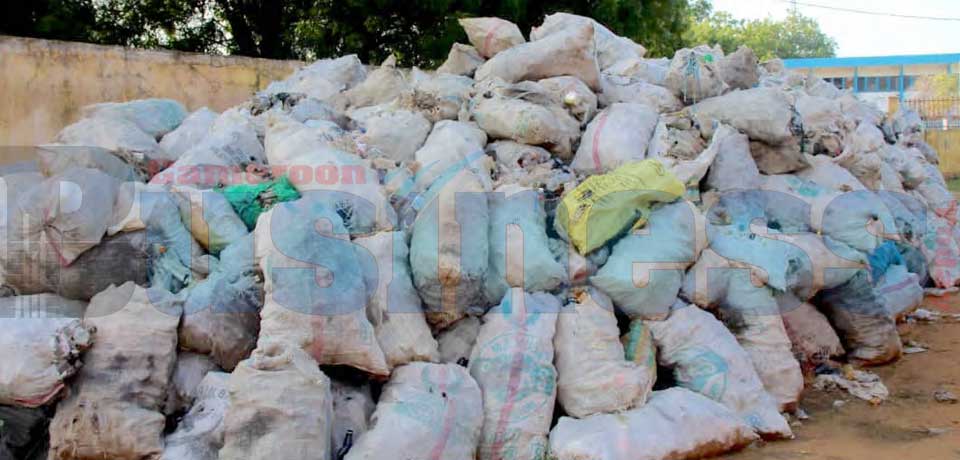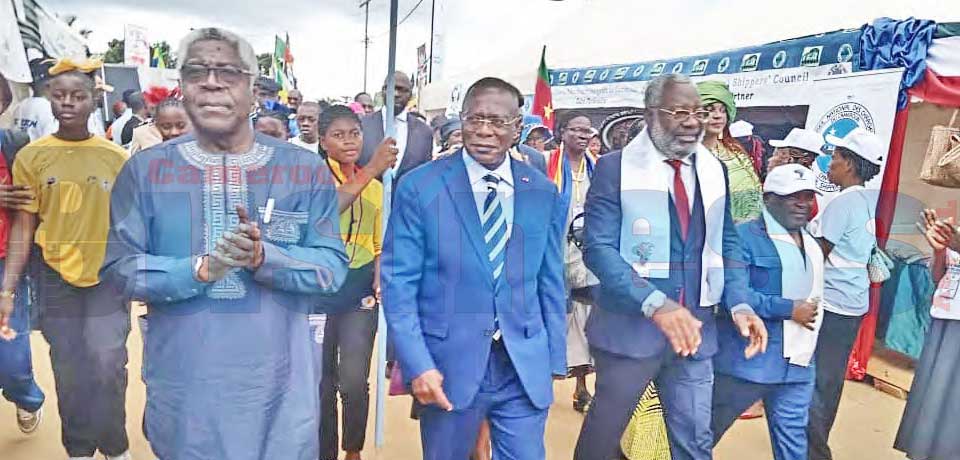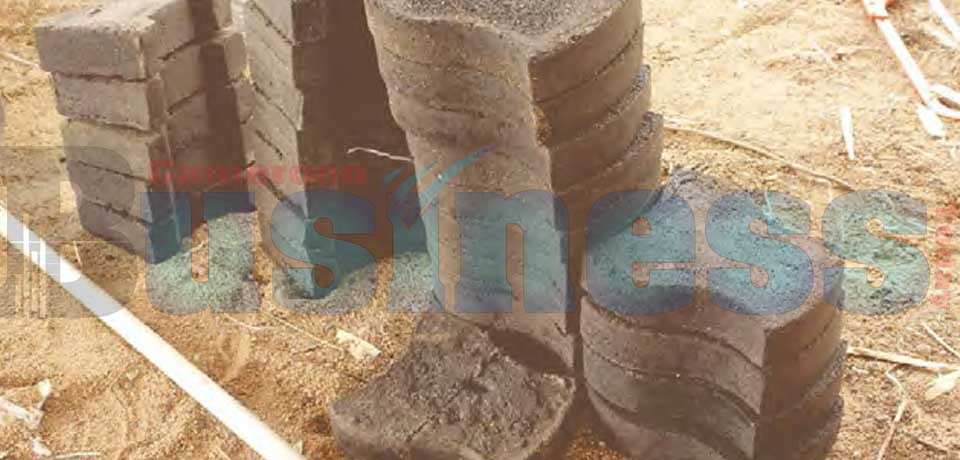After football, business can enter the scene for commercial gains.
When the State invests CFA Billions to arrange a public space for gathering, the managers of such places must be ingenious enough to render them financially profitable. This, irrespective of the initial purpose for their creation. Such can be construed for the various stadia erected in Cameroon for sports and football in particular in recent times. They are generally called multi-purpose stadia. The case of the 20.000-seater Limbe Omnisports Stadium built in 2012 and inaugurated on 26 January, 2016, to stage international football competitions is glaring as a possible money making venue or market for the State. Examples of a stadium activities that can fetch money are legion. Consider cultural festivals, agricultural shows, occasional town events, church callings, tourism exhibitions, special organized sales, lodging and recreational facilities, commercial car lot parking space, and the list can stretch on.
Each of these assemblies and activities can make income for the State, employ organisers and make the locations lively. Those in-charge of such structures can properly market their jewels if their terms of reference are legalised and regulated. The State cannot spend such wealth only to wait for periodical football competitions. Even the Limbe Stadium is begging for local championship competitions and constant use. With its ownership ascribed to the Cameroon Football Federation (FECAFOOT), the Limbe Omnisports stadium is one of the rare in the world erected on a hill and capturing a stunning Atlantic Ocean view. This factor is an attraction for visitors who would not leave without dropping coins provided that the stadium management purposefully tolled the access and directed income towards the rightful coffer. The services of taxation must not wait at their tide corner for income to ...

















Commentaires